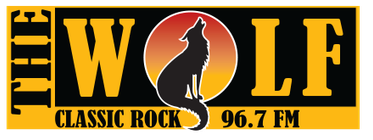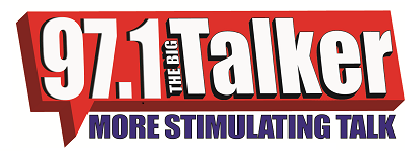A self employed mortgage is an ideal choice for any self-employed individuals to secure their mortgage. Such individuals may qualify for a mortgage depending on their monthly bank deposits and/or the amount of their reported annual salary on the tax returns. For government or conventional loans, self employed borrowers need to fulfill certain requirements depending on the net income generated from their various verifiable sources.
When applying for a self employed mortgage, individuals are required to undergo a credit check just like all borrowers. Lenders also take into account the borrower’s income, assets, and other lending factors before approving or rejecting the loan. To find the most suitable type of mortgage for you, it would be wise to contact several banks on your own or work with a mortgage broker to do the mortgage loan shopping for you until you find the best deal.
Although credit score plays a major role in determining whether or not you can get approved for this type of mortgage, with a bad credit score you may still get approved for a mortgage provided your income and assets meet the mortgage lender’s requirements. Your mortgage broker will be able to assist you in finding the right lender that can accommodate your financial situation.
Another option that is available for self employed mortgage seekers is the type referred to as “Declared Income” mortgage loan. This type of loan allows the borrower to effectively qualify based upon the income they declare on the mortgage application, with supporting documents to verify the business identification nonetheless. This Declared Income mortgage for self-employed borrowers makes home ownership easier for today’s changing workforce. Some conditions apply, and it is best discussed with a local mortgage broker to verify your eligibility.
When you are working with a self employed mortgage broker, he or she can help you locate the right lender to meet your needs. Many self employed mortgage lenders are looking to offer these types of loans as a way to attract new clients. If you are in the market for purchasing a new home, you should not delay in exploring your options. As the housing industry rebounds, you may be in a better position than you thought to get the best mortgage rate. You can learn more about your mortgage options by registering for a free consultation with a mortgage broker.
Do lenders look at the gross income or net income for self-employed mortgages?
As a business owner, you can submit 6-month bank statements to estimate the annual gross business income for mortgage qualification. Or submit their personal Notice of Assessment and lenders will allow income gross-up by 15% to 20%.
Lenders look at whichever makes sense, and it depends on how a business owner structures their business.
Keep in mind that lenders have their own scale for a reasonable amount of deductions in each industry.
Those who qualify with a down payment of less than 20% will also need to meet the lending criteria set by the mortgage insurer, in addition to the mortgage lender.
What is a gross-up and why do lenders allow it?
Gross up simply means bumping up your income by some percentage higher.
Lenders understand that a business tends to earn higher than what’s reported on the owner’s personal tax return, so the gross-up allows business owners to qualify with a slightly bigger income than their personal income.
The gross-up percentage can range up to 20%, depending on the lenders.
What flexible lending criteria are available to self employed borrowers with a 20% down payment?
When you have at least a 20% down payment, your options open up to lenders who have flexible lending criteria for borrowers who have
- a history of bankruptcy,
- poor credit score, and
- lack of provable income
For example, when you have at least a 35% down payment, one specific product allows self employed borrowers to declare or state their gross income for qualifying purposes.
A few other notable points:
- This is available for purchase, refinance, and rental properties.
- This has a 40-year amortization, instead of the typical 25-year and 30-year amortization.
- This is a specialized product offered by a regulated financial institution that is non-bank.
- This is only available in Ontario.
- Last but important point, this program qualifies based on the contract rate instead of the Stress Test.
Will this product work for pre-construction properties too?
Yes, this product works for purchasing pre-construction properties as well.
But, for pre-construction properties, self employed borrowers can benefit more from another lending product that qualifies based on the property’s current value, instead of the purchase price.
You want to check out the other video that unpacks in detail about 100% pre-construction financing.
Jermaine Hinds, Mortgage Broker
Jermaine Hinds is a licensed mortgage broker for mortgages across Canada.
Your mortgage options are powered by Matrix Mortgage Global (Brokerage Lic. #11108). This means you gain access to more than 100 different lending partners who are ready to offer you various mortgage solutions, including mortgage renewals, refinancing, second mortgages, home equity loans, bridge loans, and other specialized mortgage products.
Read the previous Press Release here.

























